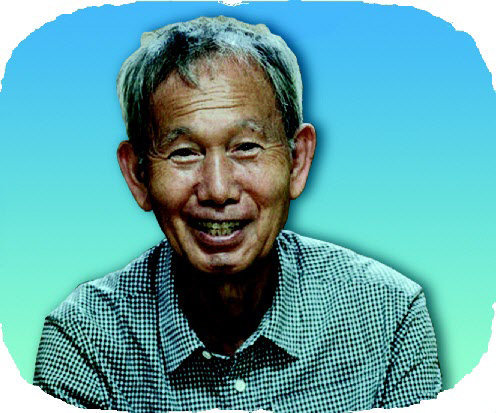Money from the sick
Money from the sick
Posted March. 20, 2024 07:59,
Updated March. 20, 2024 07:59

Some individuals shine like beacons of light in a world often veiled in darkness. One such person, now featured in the Netflix documentary film "Adult Kim Jang-ha," exemplifies this spirit. While running an herbal medicine shop in Jinju, he generously distributed his earnings to where they were most needed. He established schools to provide educational opportunities to those who, like himself, couldn't afford an education. Supporting over 1,000 impoverished students all the way through university, he eventually donated his entire fortune to the nation, having built the school from scratch. Despite his contributions to cultural and human rights organizations, he stayed completely incognito.
Why did he choose such a life? His words provide an answer: "If I had earned money, I would have ultimately profited from those who were sick and suffering." If he had pursued another profession, he could have lived lavishly with that money. However, he couldn't frivolously spend money earned from the pockets of the sick, so he returned it to society. In today's world, where selflessness often takes a backseat to personal gain, would any healthcare professional think of returning the money earned from treating the sick back to society? Even though we live in a society where everything revolves around money, there are individuals like Kim Jang-ha in the world: the selfless who put their philosophy into action and decided to share for the blossoming of their society as they believed money is better left to serve as manure for the blossoming of flowers and fruits instead of rotting and stinking as feces.
Kim Jang-ha never wanted any idolization of himself. He doesn't boast or seek attention at gatherings, often sitting quietly in a corner. In photographs, he is always seen sitting away from the center. Humility is ingrained in him. It's no surprise that among the 64 hexagrams of the I Ching, he favors the one representing humility. In a world where money often makes people arrogant, he became even more humble because of it. His ethical consciousness, recognizing that his wealth came from those who were sick and suffering, made him humble.






![[단독]“두건 쓴 무장경비대 길목마다 검문…택시로 20시간 달려 탈출”](https://dimg.donga.com/c/138/175/90/1/wps/NEWS/IMAGE/2026/03/05/133470282.1.jpg)
